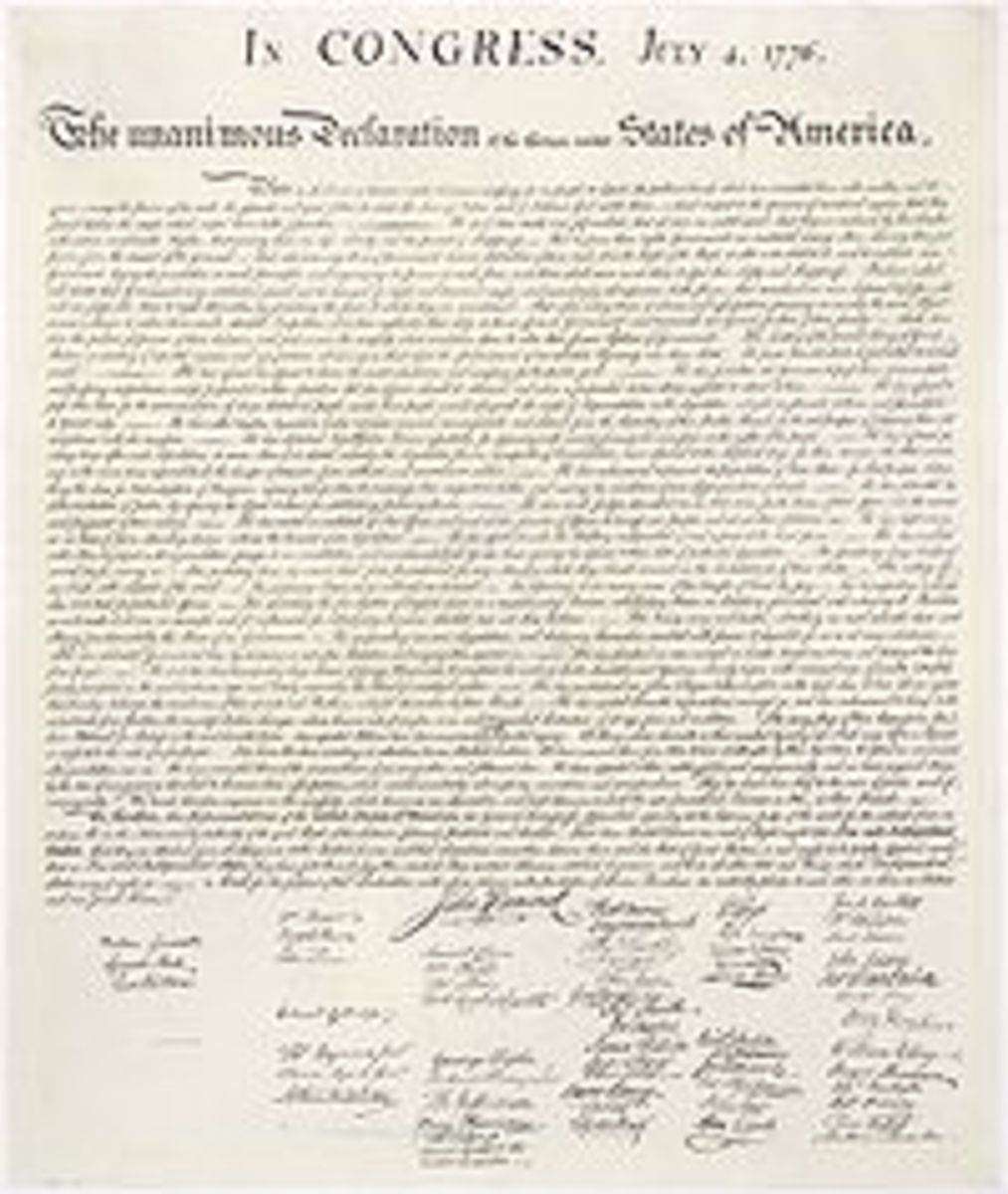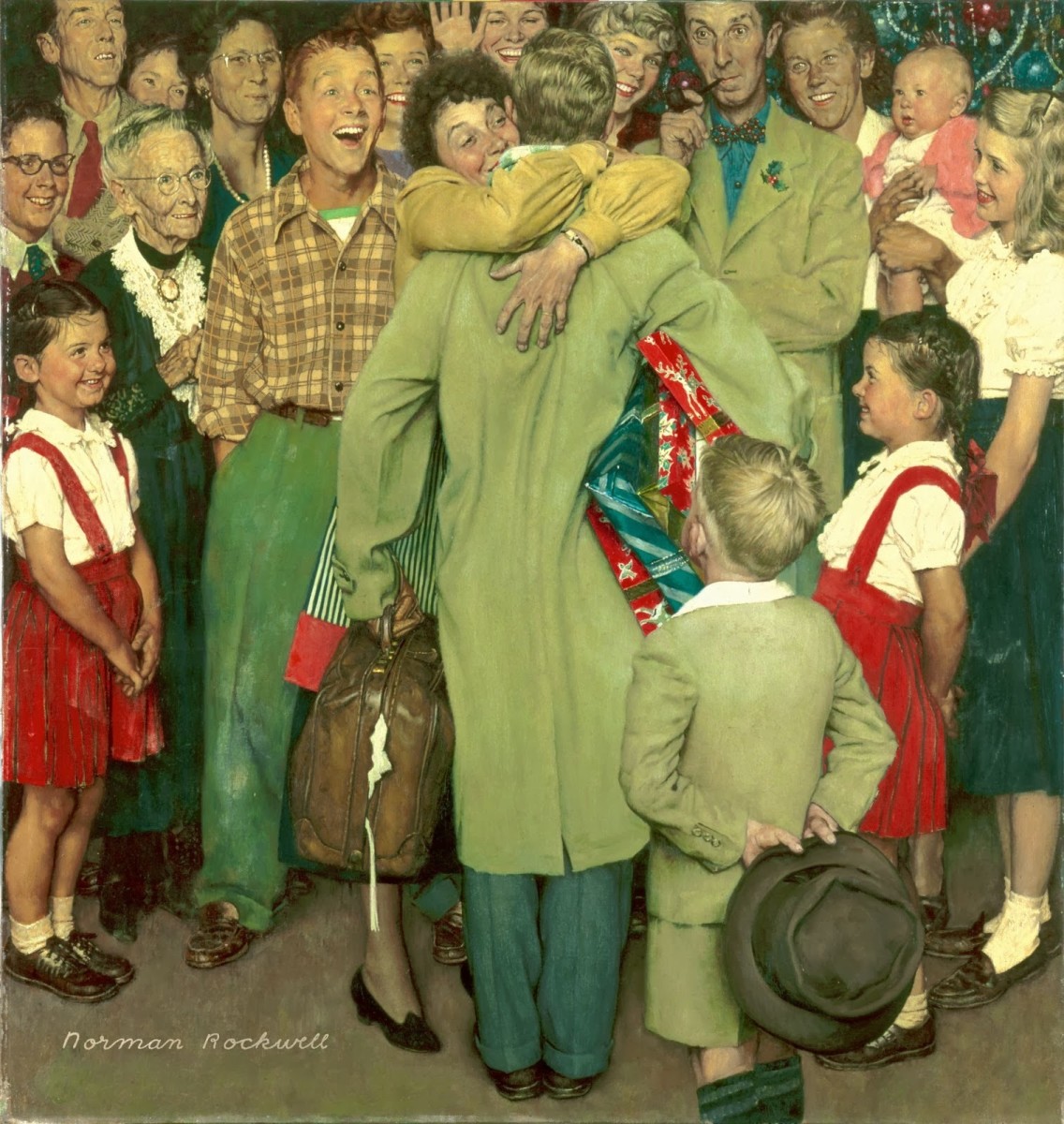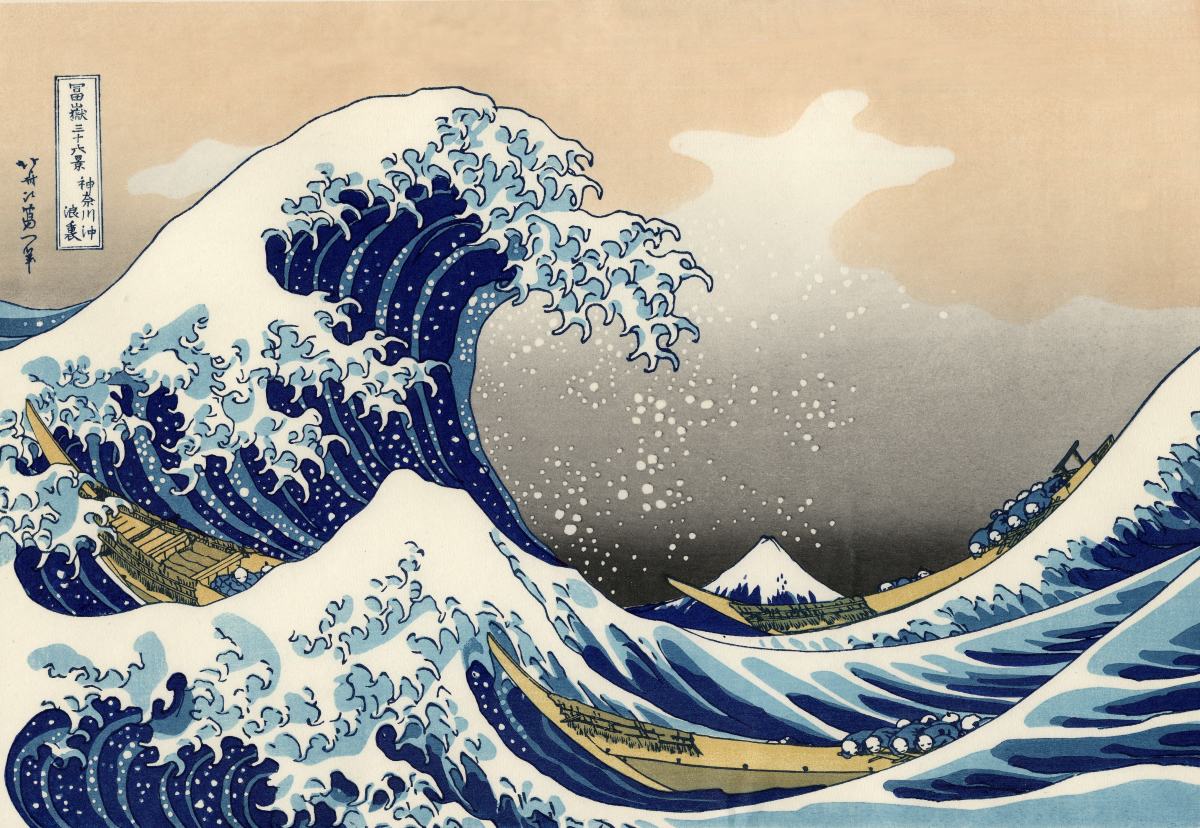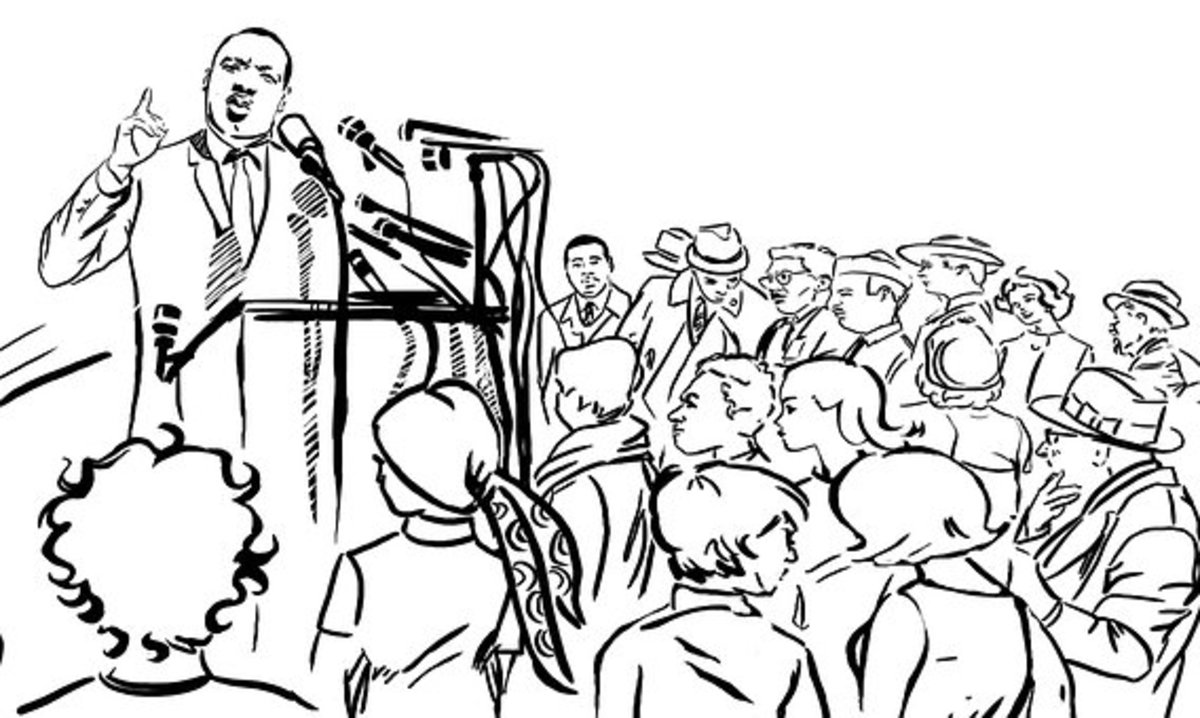The Most Famous Speeches
The power and transcendence of a speech lays in three factors: Composition, delivery and degree of intrusion into universal collective conscience.
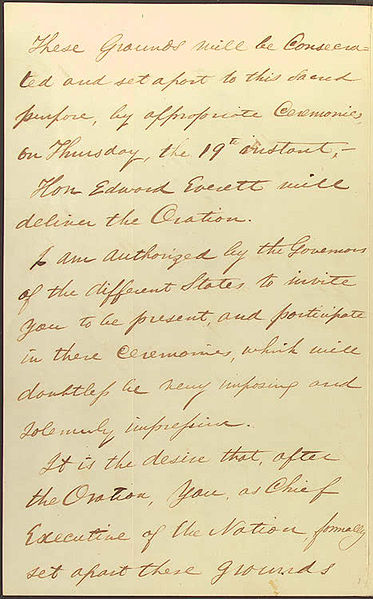
What makes a speech a masterpiece
There are three key factors:
To become universally accepted as a masterpiece, a speech needs to appeal to universally accepted principles. We cannot buy into words that don't mean anything to us.
As a symphony, a speech needs rhythm and cadence, it needs to take us to its highs and lows, it needs to ring a chord, such as a song.
And this is not only achieved by its composition, but also by its diction. The speaker needs to talk to us directly, needs to seep into our minds and stick there, as if we were hearing what we really meant to say ourselves, what we are feeling.
These are the keys to a great speech.
Chicken or Egg?
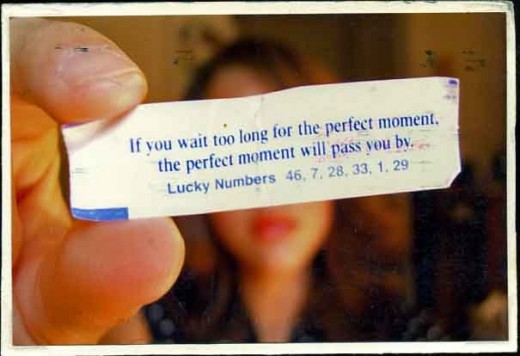
Many say that the great speeches are so mostly due to the moment when they happened, that there is a direct correlation between the speech and the historical milestone they refer to. It's one way to see it.
Personally, I believe the great speeches CREATE historical milestones. They are able to capture collective conscience and express it in a way that defines history itself.
We could argue whether the speeches I present below meet my definition. They are indeed important and well known because they happened in a very precise moment in history, but in all cases there was a before and after these words were spoken.
Here are a few choosen greatest speeches through history.
1. Gettysburg Address, Abraham Lincoln, November 19, 1863
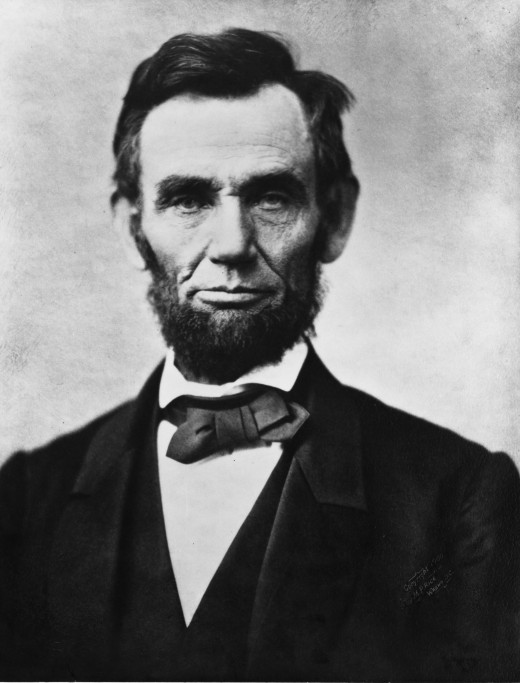
Four score and seven years ago our fathers brought forth on this continent a new nation, conceived in liberty, and dedicated to the proposition that all men are created equal.
...that this nation, under God, shall have a new birth of freedom; and that government of the people, by the people, for the people, shall not perish from the earth.
These are, very likely, the 271 most famous words ever in the history of speeches. Never such a short word count made such a huge impact. And before you jump at me, the word count varies depending on the spelling.
This address is quoted in uncountable movies, TV shows and of course subsequent speeches over time. Its last 16 words, transcribed on the right, are not just part of a speech anymore, but part of universal culture.
The endurance of the Gettysburg Address underscores its importance and achievement. I can't rightly argue that Mr Lincoln would be happy with where all of that drove us today, but I do know he made a difference with the saying.
2. I have a dream, Martin Luther King, August 28 1963
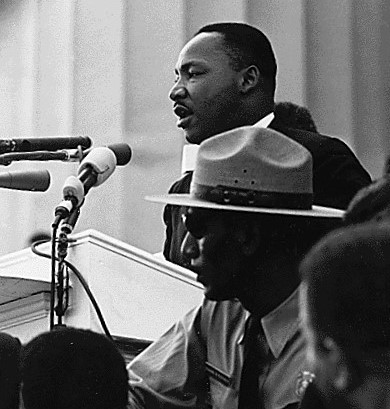
I have a dream that one day this nation will rise up and live out the true meaning of its creed: 'We hold these truths to be self-evident that all men are created equal.'
What would Martin Luther King have said, were he told at the time that almost 5 generations after he uttered his "dream", a black President would be residing in the White House?
My guess is, "about damn time!" but of course my guess is as good as yours.
This speech, which basically focuses on racial equality and calls for the end of discrimination, still has the power to provide vision when I listen to it. I believe, and I'm not alone in this belief, that the greatness of this text comes from the inspiration it provided not only for the public at the time, but for all unborn generations, like mine, that came after.
We could argue for hours whether we're past racial discrimination, personally I think we're not, but that is completely beside the point to make this address eternal: It's a rhetoric masterpiece that appeals to all those things deeply rooted in collecive consience, such as justice, equality, fairness, right to live one's life as a full and complete individual.
3. Blood, Sweat and Tears, Sir Winston Churchill, May 13 1940
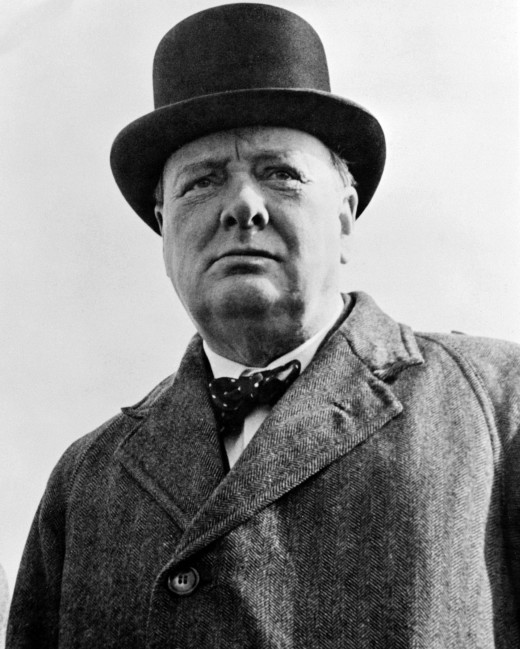
I would say to the House as I said to those who have joined this government: I have nothing to offer but blood, toil, tears and sweat. We have before us an ordeal of the most grievous kind. We have before us many, many long months of struggle and of suffering.
Also known as also "Blood, toil, tears, and sweat":
This is the first of a series of three historical addresses from Sir Winston Churchill to the Parliament after taking over as PM when UK was in the first year of WWII.
The two others are We shall fight on the beaches on June 4 and This was their finest hour on June 18.
The series but specially the first, Blood, Sweat and Tears, remains as one of the most inspirational and empowering addresses of all times. Some Brits still say it was thanks to this speech that UK won the war.
4. Ask what you can do for your country, January 20 1961, John Fitzgerald Kennedy
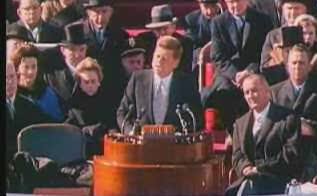
Let every nation know... that we shall pay any price, bear any burden, meet any hardship, support any friend, oppose any foe, in order to assure the survival and the success of liberty.
And so my fellow Americans, ask not what your country can do for you - ask what you can do for your country.
All this will not be finished in the first one hundred days. Nor will it be finished in the first one thousand days, nor in the life of this Administration, nor even perhaps in our lifetime on this planet. But let us begin.
JFK's inaugural address, one of the shortest in history, is considered one of the best inaugural speeches ever. Personally, it doesn't make my toes curl, but I'll admit it has touches of genius.
Curiously, the master touch of this speech, "Ask not what your country can do for you - ask what you can do for your country" is not as original a sentence as one may have thought. There are numerous precedents, which an educated fellow like JFK wouldn't have had trouble keeping up with.
Personally, I think the genious of this speech and a reason why it's still valid today is "But let us begin." JFK defined optimism, proactivism, and intention to make things better with that simple statement.
Sermon of the Mount, Jesus, estimated circa AD 30
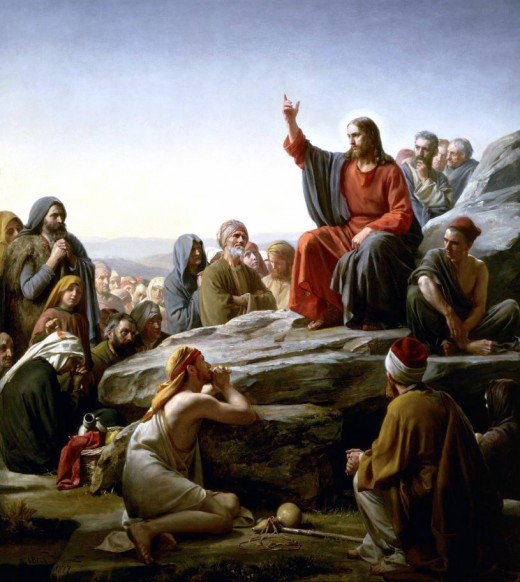
The gospels of Mathew and Luke render quite different versions of the same ideas, so I'd rather not start a debate on who said what. I know, however, that the outstanding Friedrich Nietzsche saw most of the Sermon of the Mount as the symbolization of the enslaving nature of Christian morality. I guess "Blessed are the meek, for they shall inherit the earth." wouldn't give Nietzsche good vibes precisely... Whoops.
The Sermon on the Mount, as Wikipedia will inform you, is a collection of Jesus' sayings. It's a collection not to be taken lightly, as the word of Jesus is still one of the last bastions of concordance between the believers and the non believers, because the good Jesus spoke a lot of sense. Not all this Old Testament fire and brimstone, but a lot of live and let live, a la hippie.
The good Jesus, indeed, gave us a lot of good quotes to think about, such as "love thy neighbor" or "judge not, lest ye be judged."
Any which way, Jesus and his Sermon of the Mount features here because it's indisputably one of the most quoted and remembered and reused addresses of all time.
Any personal favorites?
Is there any address that should feature here besides the ones I picked? Do tell!
© 2011 Buffoon

